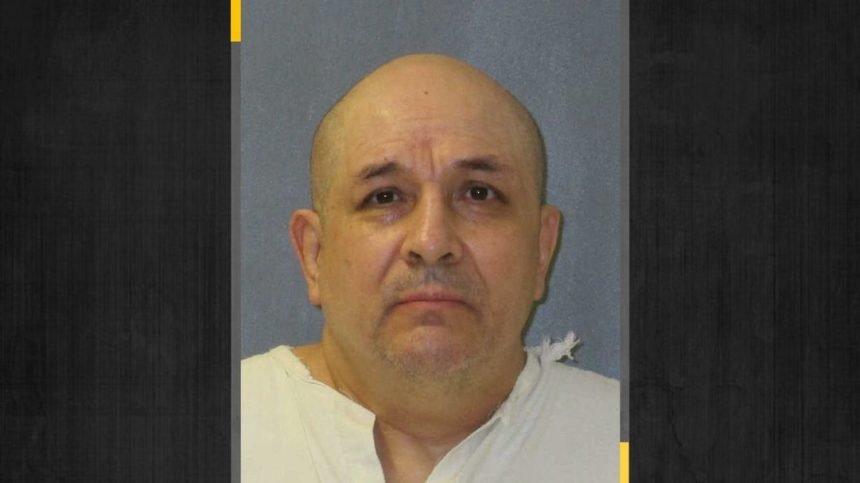El Paso man awaiting execution for 40 years has death sentence tossed out

AUSTIN, Texas -- After Cesar Fierro spent 40 years on death row, the Texas Court of Criminal Appeals tossed out his sentence Wednesday.
The state’s highest-ranking criminal judges unanimously agreed to vacate Fierro’s death sentence, citing faulty instructions given to his 1980 trial jury.
The court sent his case back to El Paso for a new punishment hearing, though his conviction still stands in the murder and robbery of a taxi driver.
El Paso District Attorney Jaime Esparza said Wednesday afternoon his office would not seek death on retrial, so Fierro will be sentenced instead to life in prison.
In 1979, Nicolas Castanon was fatally shot while driving his taxi. His body was robbed and left in a park, according to court records. A teenager told El Paso police he was in the cab when Fierro shot Castanon from the back seat, and when Fierro later abandoned the cab in Juarez, Mexico, where he lived. Fierro's attorneys have long argued the only evidence that tied him to the crime was the teen's testimony and a confession from Fierro that the courts later agreed was likely coerced.
Fierro was found guilty of capital murder in El Paso the next year and given the death penalty. Since 1990, Fierro has argued that his trial jury wasn’t given proper instructions to consider mitigating evidence that could have swayed it to instead recommend a sentence of life in prison. His claim was first presented to the courts after a 1989 decision by the U.S. Supreme Court ruled that a capital murder defendant has a constitutional right to such a jury instruction.
In a 1990 appeal, and then again in one raised last year, Fierro’s attorneys said his lawyers presented evidence at trial about his troubled childhood, substance abuse, religious devotions, and his support and love for his children. But the jury was wrongly never told to consider any of that when weighing life or death questions, they argued. Instead, jurors were only asked if they believed Fierro deliberately killed Castanon and if they thought he would be a future danger to society.
The Court of Criminal Appeals denied Fierro’s claim in 1990. On Wednesday, the judges reversed course.
“Subsequent legal developments have shown that that disposition is no longer supportable,” the unanimous opinion reads. “... Fierro’s death sentence can no longer stand.”
In current Texas death penalty trials, jurors are asked, after finding someone guilty of capital murder, to answer whether the defendant would be a future danger to society and if there is any mitigating evidence that should result in a sentence of life in prison instead of death. The court agreed Fierro had presented mitigating evidence at trial that, under current standards, it and the U.S. Supreme Court both consider requires a special jury instruction focused on such evidence.


